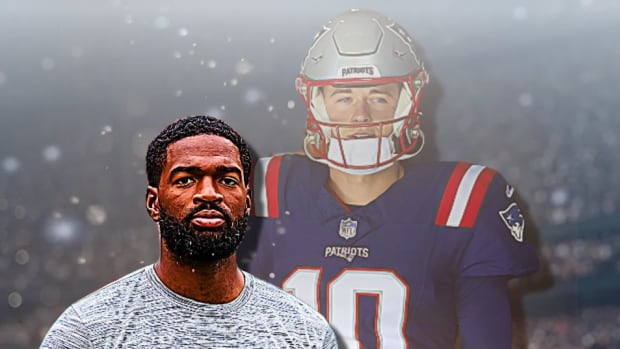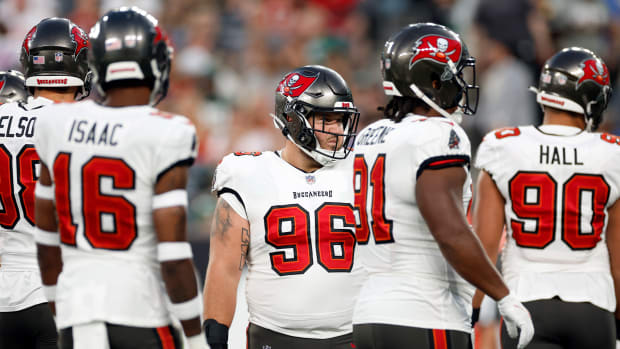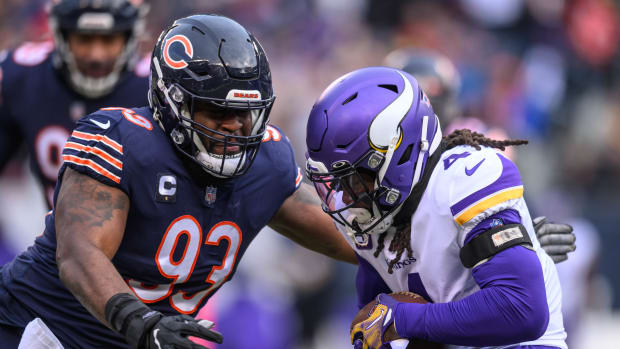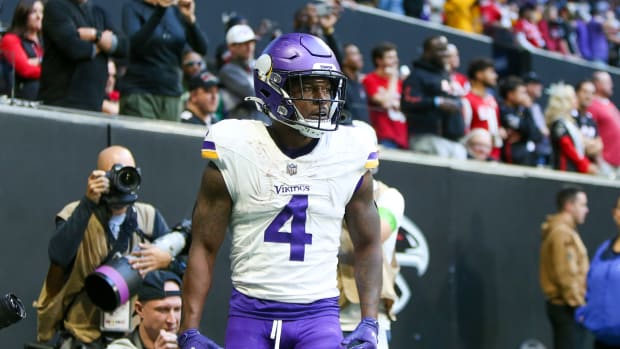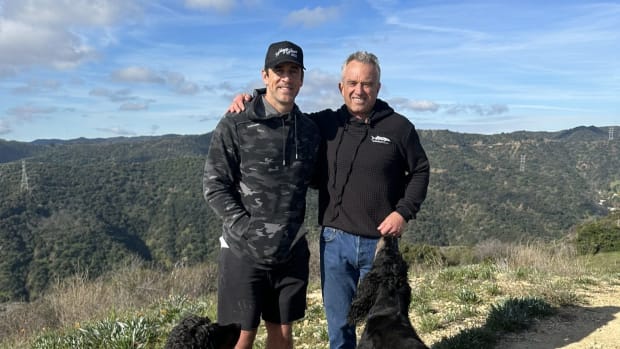What a federal grand jury could mean for daily fantasy sports companies
According to Florida gaming attorney Daniel Wallach, a federal grand jury has been convened in Florida to investigate whether daily fantasy sports operators have violated criminal law. The grand jury, as reportedly directed by the U.S. Attorney’s Office in Tampa, is supposedly looking into whether DFS operators have violated the Illegal Gambling Business Act of 1970 (“IGBA”). The IGBA is a law enacted long before the DFS industry arose and is mainly designed to curb gambling operations that fund mafia families.
Those who violate the IGBA can include employees of investigated companies and they can face a range of penalties from fines, forfeiture of profits and assets and, though unlikely, even imprisonment for up to five years. Violations of IGBA can also lead to additional prosecutions under federal laws that prohibit racketeering, money laundering and other criminal practices common in organized crime. A finding of fault under the IGBA would first require a violation of state gambling law. In this case, it would be a violation of Florida’s law that makes it unlawful to bet on result of trial or contest of skill.
What impact will the lawsuit filed against DraftKings, FanDuel have?
To be clear, the convening of a grand jury does not necessarily mean that any person will be indicted with a crime. Sometimes grand juries are convened and later closed when grand jurors return “no bill,” which means they have declined to indict any target of the grand jury. Federal grand juries, which are composed of 16 to 23 persons, require that at least 12 grand jurors find probable cause—which means that it is more probable than not that a crime occurred—in order for an indictment to be issued. It is certainly possible that a grand jury investigating the DFS industry would decline to issue any indictments.
Still, grand jury proceedings are threatening for a number of reasons. For starters, they are run by prosecutors and are conducted in secret. They also last a long time, with a typical duration of 18 months. Grand jury proceedings also require those who are targeted witnesses to testify under oath, which can later lead to perjury charges if a witness knowingly lies while under oath. Grand jury proceedings also involve the subpoenaing of potentially unflattering evidence, such as findings in financial records and questionable communications between company officials.
• MCCANN: In wake of allegations, a look at legality of daily fantasy sports
For an industry that is already under intense fire, a grand jury proceeding would be a most unwanted development. For DFS companies, there is the worrisome possibility of a self-fulfilling prophecy. Consumers might become less interested in playing DFS games if they fear the industry is in peril. In turn, consumers would spend less money on DFS games, thereby putting the industry in peril.
DFS companies must also worry about how professional sports leagues that have invested in the success of DFS will react to the possibility of criminal exposure for the industry. The partnership between DFS and the sports industry is one that seems certain to warrant more intense scrutiny in the weeks and months ahead.
SI.com will continue to follow all legal matters connected to the DFS industry.
• Gray Area Podcast: SI legal analyst on DraftKings and FanDuel
Michael McCann is a Massachusetts attorney and the founding director of the Sports and Entertainment Law Institute at the University of New Hampshire School of Law. This fall he is teaching an undergraduate course at UNH titled “Deflategate.” McCann is also the distinguished visiting Hall of Fame Professor of Law at Mississippi College School of Law and he teaches “Intellectual Property Law in Sports” in the Oregon Law Sports Law Institute.
































